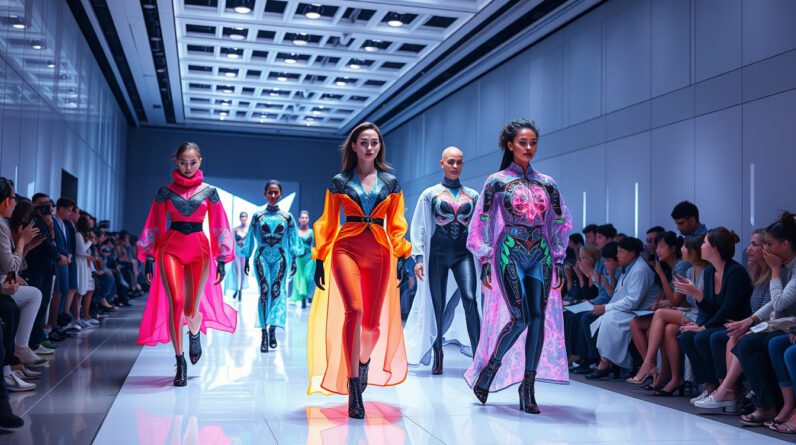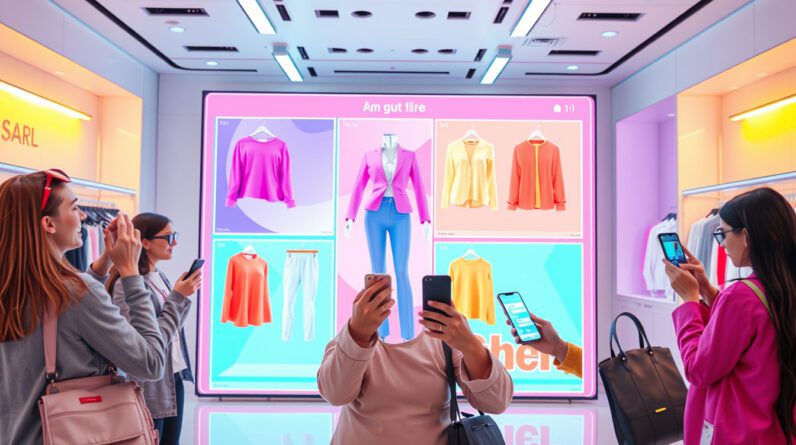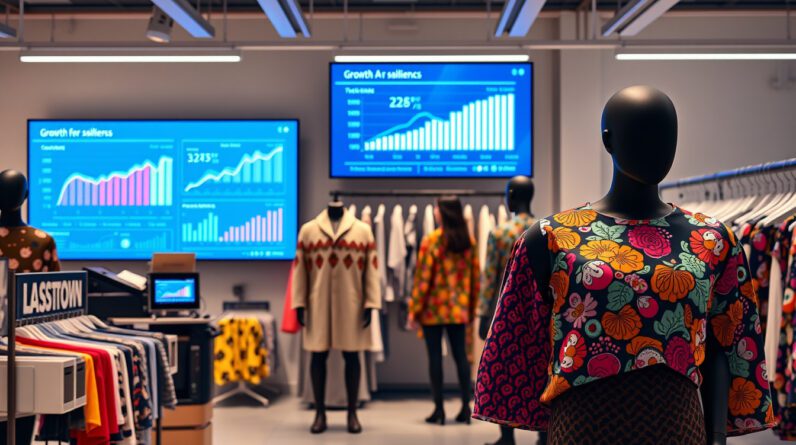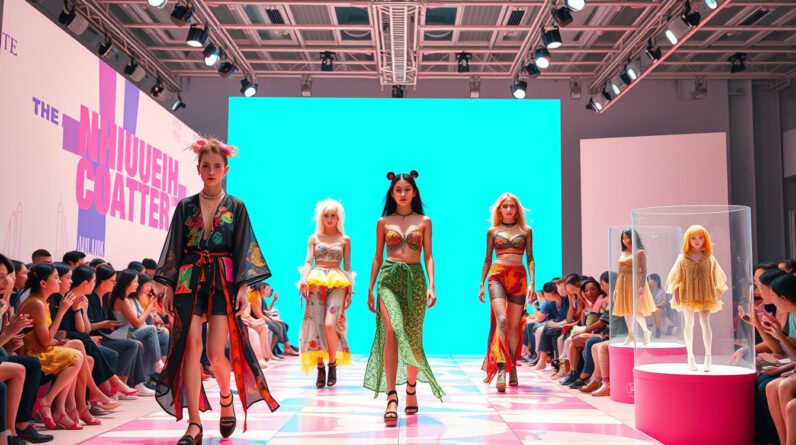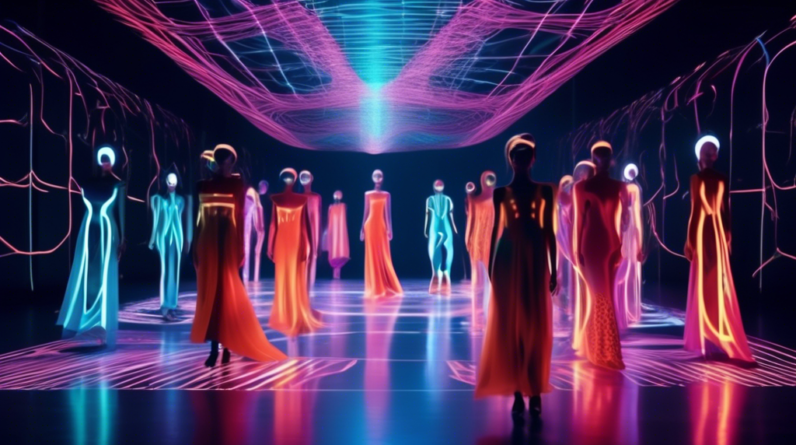
Generative AI: A Fashion Revolution in the Making
The fashion industry, known for its constant evolution and embrace of innovation, stands on the brink of a technological revolution powered by generative artificial intelligence (AI). This transformative technology, capable of creating novel designs, streamlining workflows, and personalizing the customer experience, is poised to redefine the very fabric of the fashion landscape.
Unleashing Creativity: A New Era of Design
Generative AI, powered by sophisticated algorithms, possesses the remarkable ability to learn from vast datasets of fashion imagery, patterns, and trends. This deep learning enables AI to become a creative partner for designers, generating a myriad of design possibilities that would be impossible to conceive manually. Imagine feeding an AI system a mood board of textures, colors, and silhouettes, and in return, it offers a collection of unique garment designs, each a testament to the fusion of human inspiration and artificial intelligence.
This collaboration between human ingenuity and AI’s computational prowess has the potential to break down creative barriers, pushing the boundaries of fashion design. Designers can leverage AI-generated designs as a springboard for their imagination, refining and adapting these digital creations into tangible pieces that embody both artistic vision and technological innovation.
Beyond the Drawing Board: Streamlining the Fashion Pipeline
The impact of generative AI extends far beyond the design studio, permeating every stage of the fashion pipeline, from concept to consumer. In the realm of manufacturing, AI-powered systems can analyze designs and optimize patterns for efficient fabric utilization, minimizing waste and promoting sustainable practices. Imagine AI algorithms meticulously calculating the precise placement of pattern pieces to reduce fabric scraps or even generating entirely new, zero-waste patterns.
Moreover, AI can be instrumental in predicting upcoming trends by analyzing social media feeds, fashion shows, and consumer purchasing behavior. This predictive capability empowers brands to make data-driven decisions, ensuring their collections resonate with evolving consumer preferences.
A Tailored Experience: Personalization at Scale
In an era of mass production, consumers increasingly crave personalized experiences that cater to their individual style and preferences. Generative AI has the potential to usher in a new era of hyper-personalization within the fashion industry. Imagine a world where online shoppers can interact with AI-powered styling assistants that not only recommend clothing based on past purchases but also generate personalized outfit suggestions, considering factors such as body type, skin tone, and current fashion trends. This level of customization could revolutionize online shopping, making it a truly tailored and engaging experience.
The applications of generative AI in personalization extend beyond virtual styling. AI algorithms can analyze individual body measurements and preferences to generate custom-fit clothing patterns, ensuring a perfect fit for every customer. This technology could potentially eliminate the need for time-consuming alterations and reduce the environmental impact associated with ill-fitting garments.
Navigating the Ethical Landscape
As with any transformative technology, the rise of generative AI in fashion raises important ethical considerations. The potential displacement of human designers is a valid concern that requires careful attention. However, rather than viewing AI as a replacement, it’s crucial to embrace its potential as a collaborative tool that augments human creativity and expands design possibilities.
Furthermore, addressing issues of bias in AI algorithms is paramount. Ensuring that AI models are trained on diverse datasets that accurately represent the richness of human diversity is crucial to avoid perpetuating harmful stereotypes and promoting inclusivity within the fashion industry.
The use of AI-generated designs also raises questions about intellectual property and copyright protection. As AI systems become increasingly sophisticated, establishing clear guidelines for ownership and attribution of AI-generated creations will be essential to fostering innovation while respecting the rights of all stakeholders.
The Future of Fashion: An AI-Powered Frontier
Generative AI is not simply a passing trend; it represents a seismic shift in the fashion industry, poised to reshape the creative process, optimize production methods, and revolutionize the consumer experience. As AI technology continues to evolve, its impact on the fashion world will only intensify, ushering in an era of unprecedented creativity, personalization, and sustainability.
The key to successfully integrating AI into the fashion ecosystem lies in fostering collaboration between technologists and industry professionals. By embracing the transformative power of AI while navigating its ethical implications responsibly, the fashion industry can unlock a future where human ingenuity and artificial intelligence work in harmony to create a more sustainable, inclusive, and creatively vibrant future for fashion.

